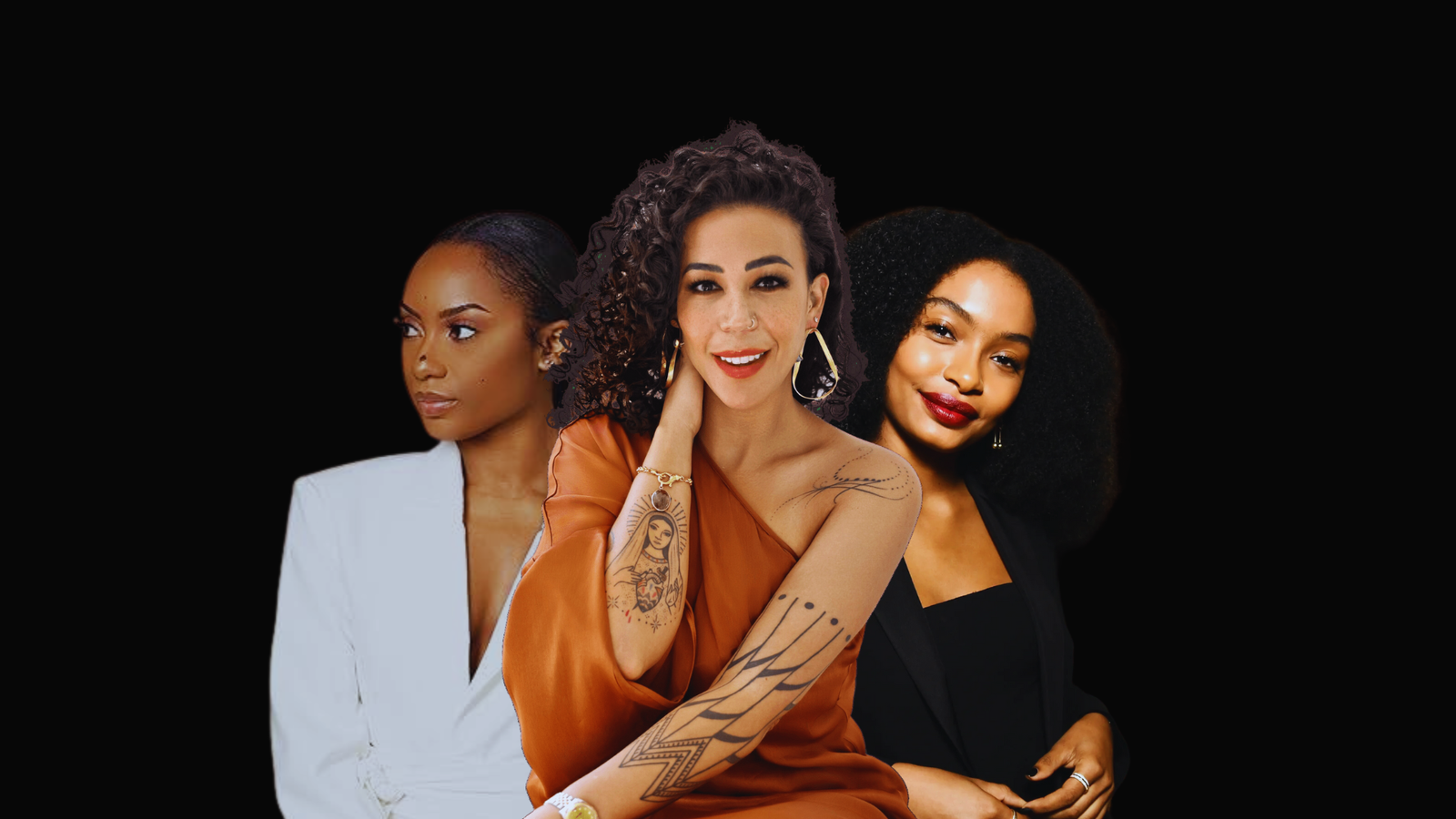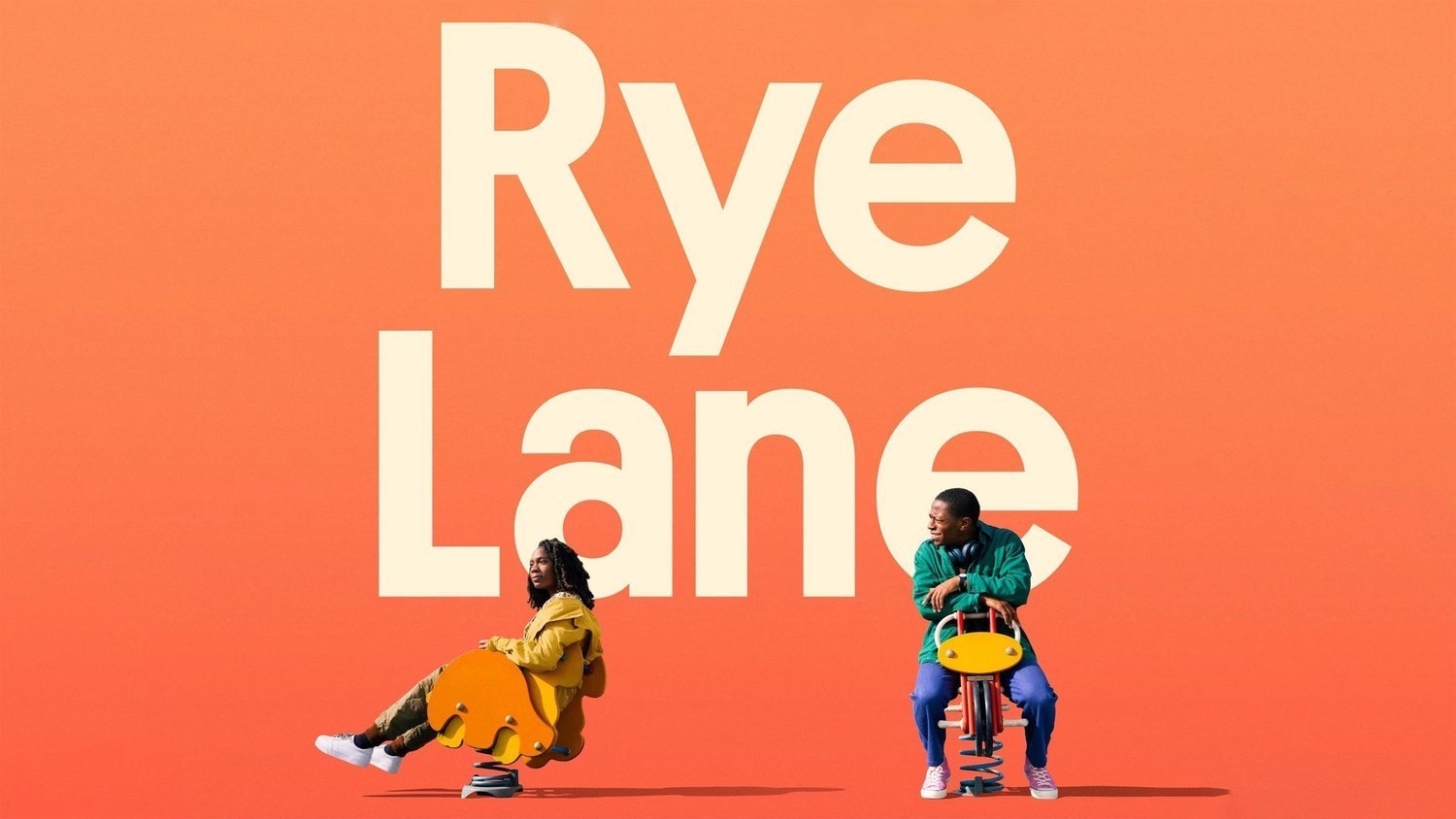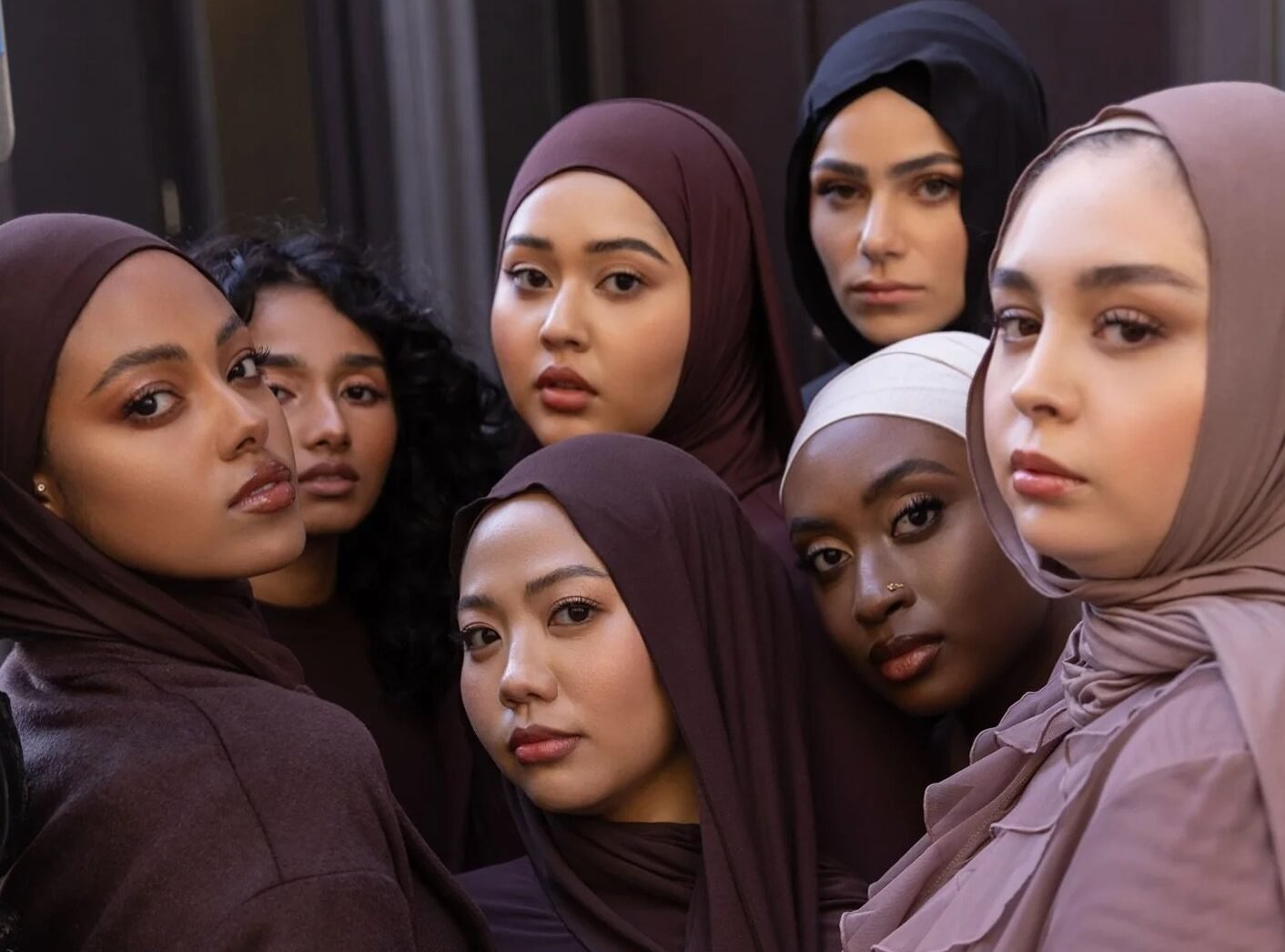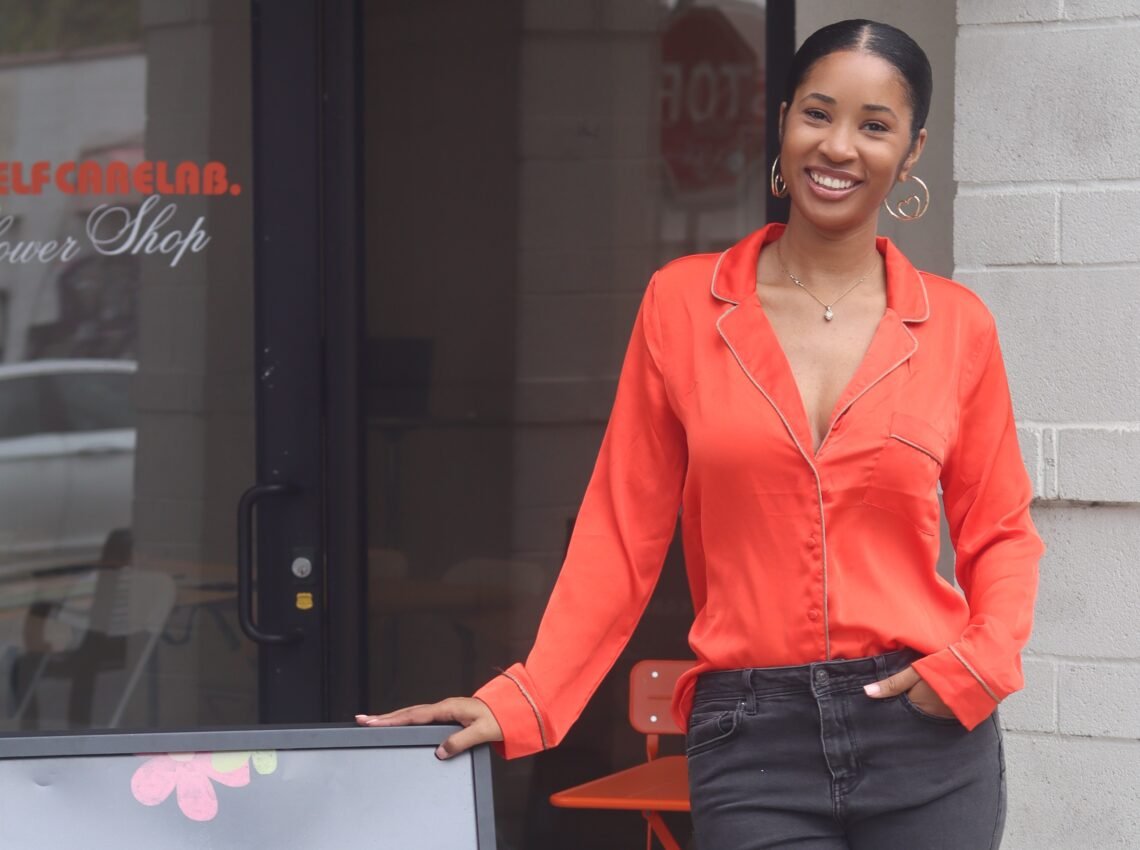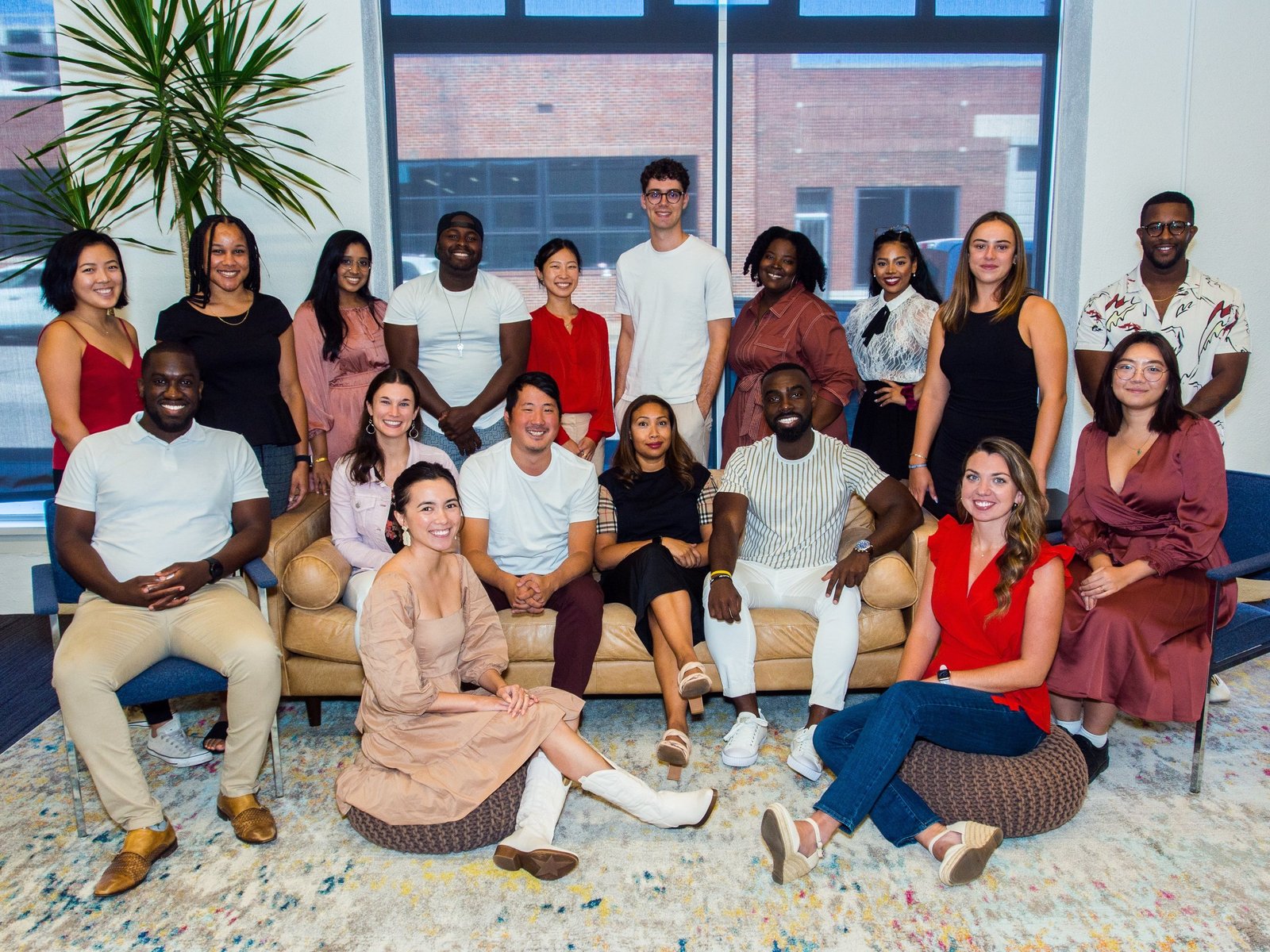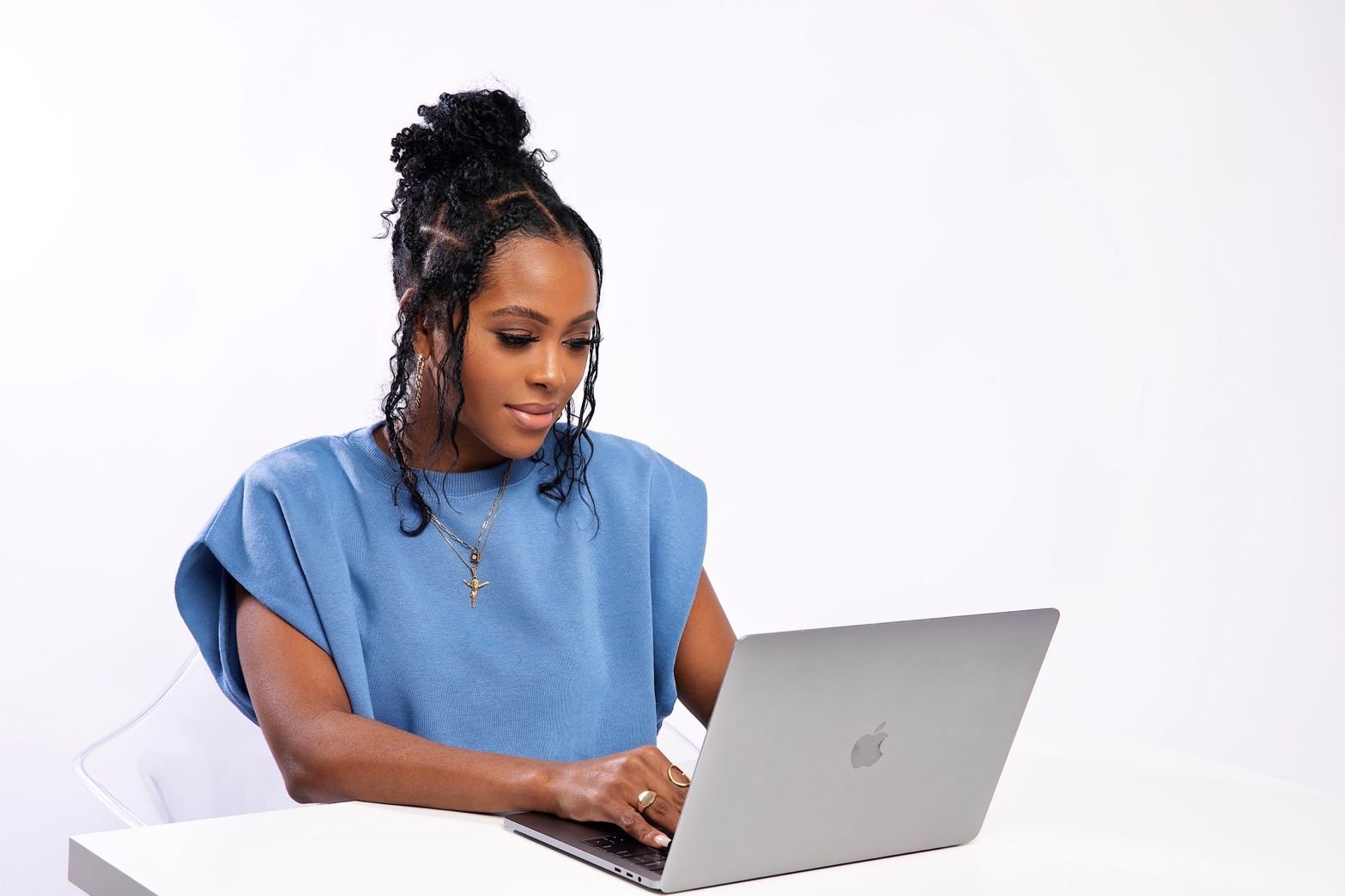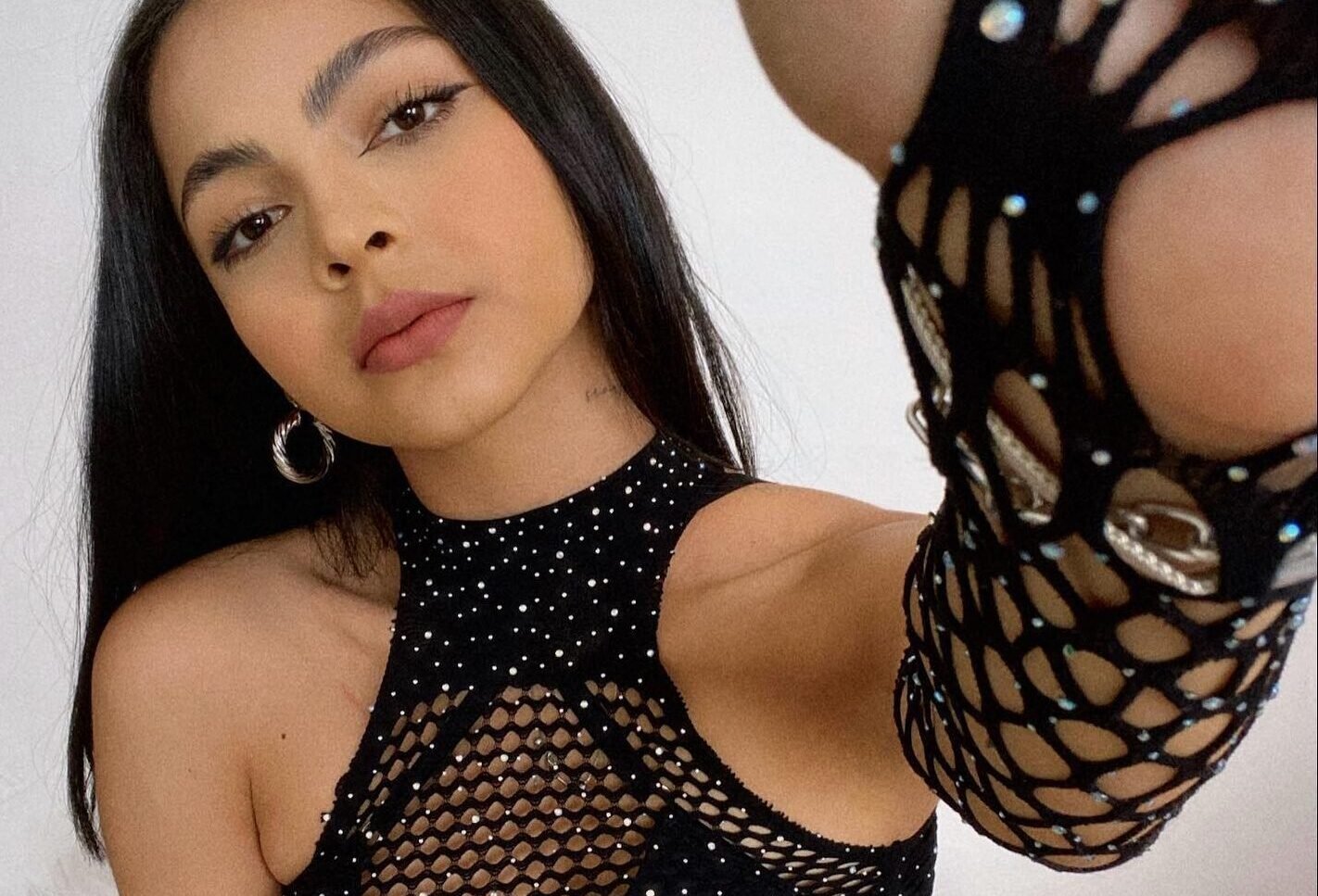Rebundle is A Thoughtful Manifestation of Sustainable Hair Care
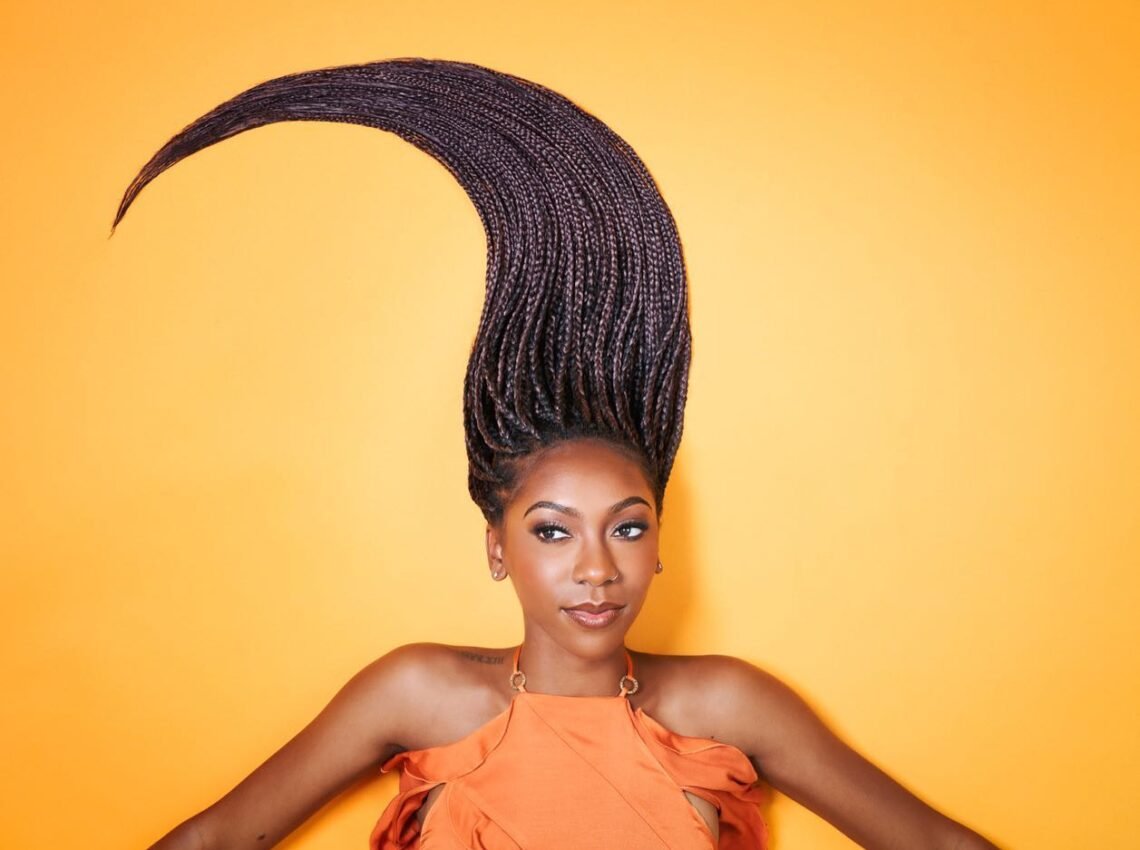
Rebundle isn’t just another beauty brand, it’s a revolutionary leap that centers both women’s health and the environment.
In the world of hair care, few products feel as culturally significant, yet environmentally overlooked, as braiding hair. For decades, synthetic extensions have been the norm, despite the scalp irritation and chemical exposure they bring. Ciara Imani May is changing what it means to wear protective styles, and proving that sustainability and style can, and should, go hand in hand.
Ciara’s journey to entrepreneurship began with her own hair experience. Like many Black women, she wore braids as a protective style, but consistently dealt with scalp irritation and discomfort from conventional synthetic hair. But rather than accepting these issues as unavoidable, she asked a radical question: “Can braiding hair be better?” And not just better for the scalp, but better for the planet.
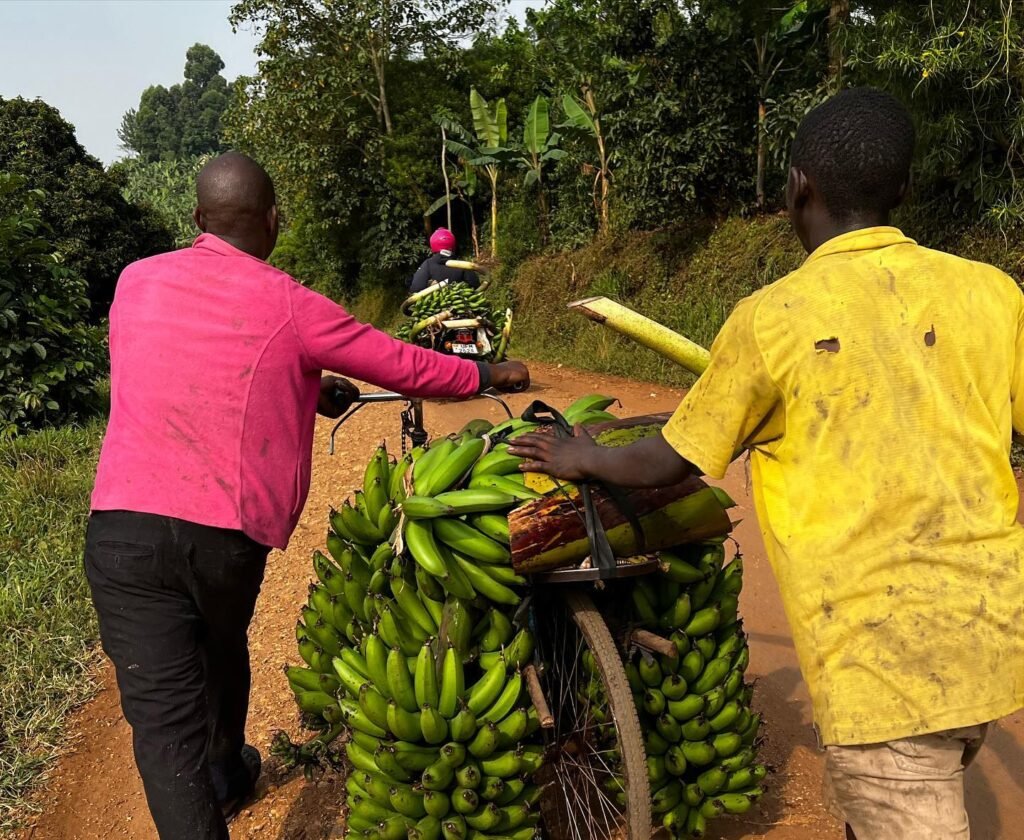
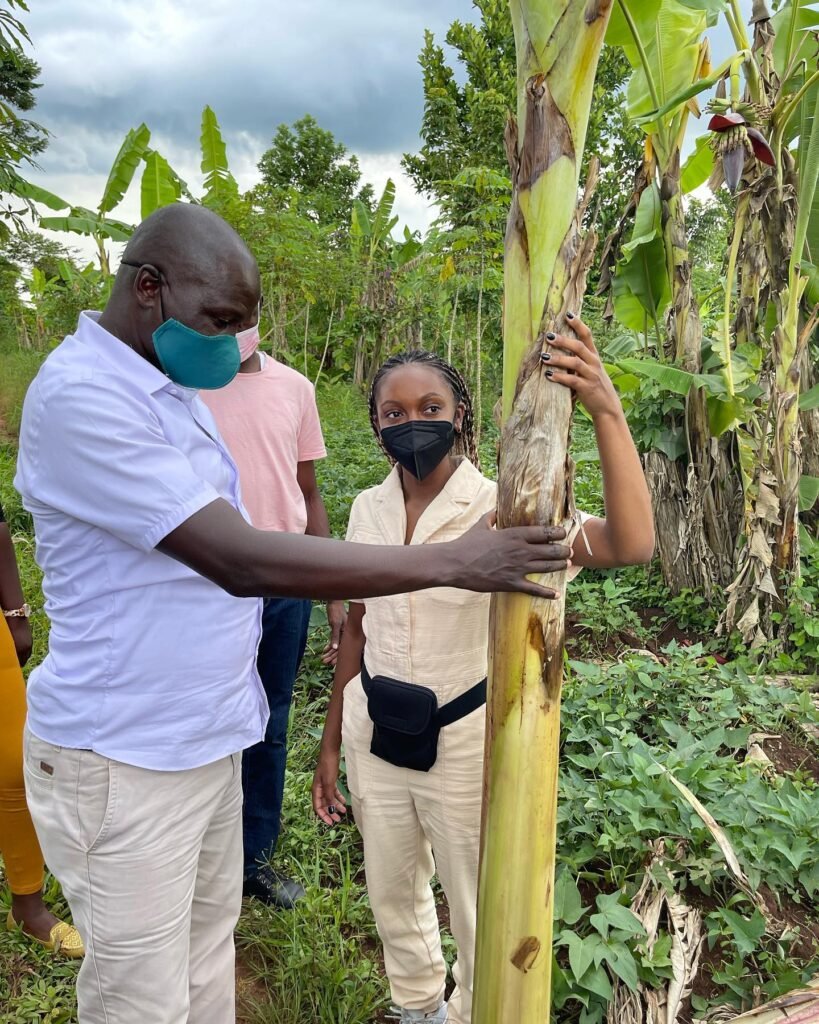
Ciara, a USC grad fueled by a passion for social impact, spent years researching sustainable materials and the science of hair production, ultimately creating what would become Rebundle’s hero product: braidbetter, a plant based braiding hair crafted from banana fibers instead of plastic, free of the harsh chemicals found in traditional synthetic braiding hair.
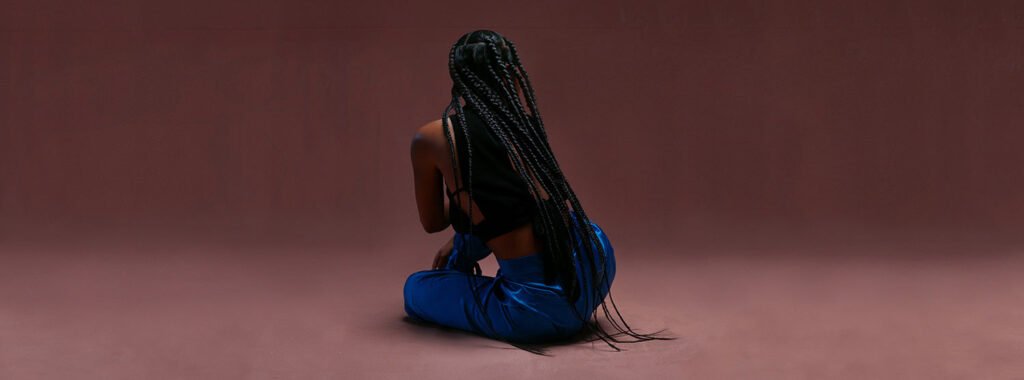
For decades, synthetic braiding hair, typically made from plastic fibers like kanekalon, has been the standard in protective styling, but few acknowledge just how harmful it can be. Beyond the notorious scalp irritation that many wearers endure, research and lived experience alike point to deeper health concerns. Prolonged exposure to the chemical additives used on synthetic hair may contribute to things like headaches, respiratory issues, and skin inflammation.
Even more concerning, studies have suggested potential links between frequent contact with these toxic chemicals and long term conditions affecting hormonal health and reproductive systems. For Black women, who already face disproportionate health disparities, the cumulative effect of wearing synthetic hair month after month, year after year, is an underdiscussed but critical public health issue.
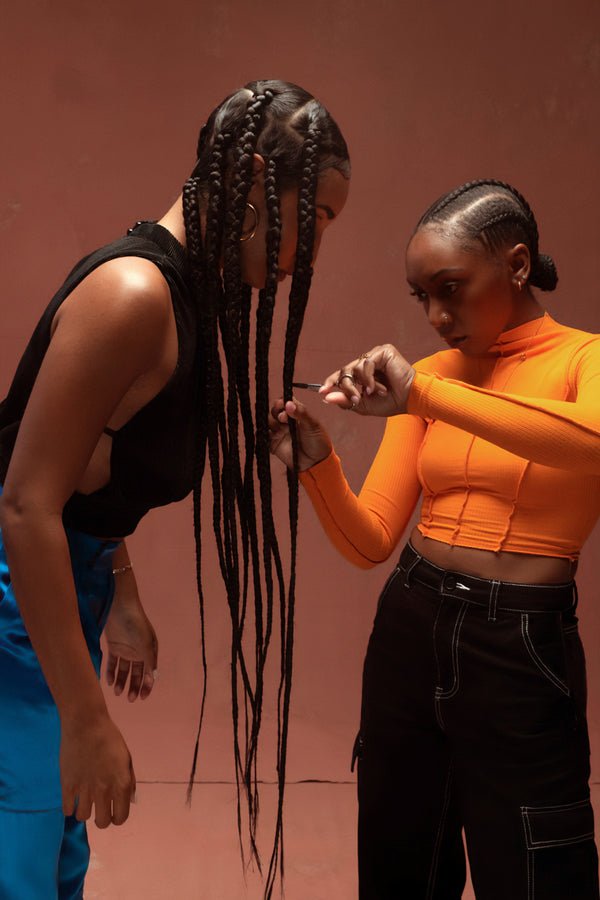
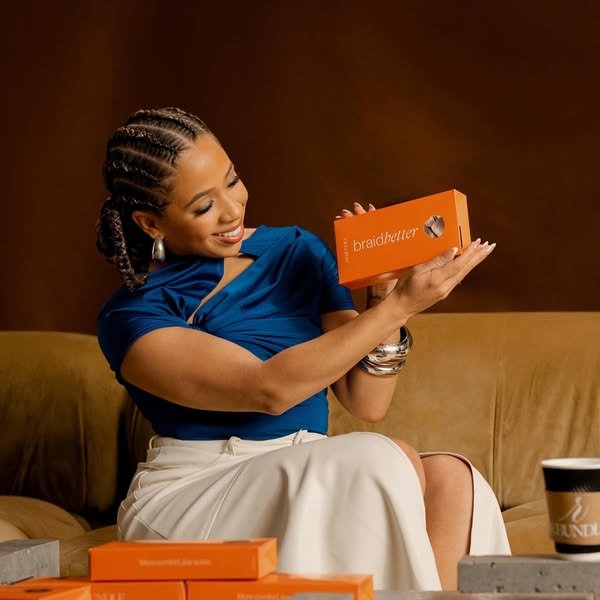
Rebundle tackles these problems head on by offering a safer alternative free from the harsh chemicals that often lurk unseen in synthetic products. Beyond comfort, it’s about rewriting the standards of beauty products as to prioritize the health and well being of the communities who rely on them most.
Furthermore, synthetic hair is largely non-recyclable plastic, with an estimated 30 million pounds of hair waste ending up in landfills annually. Rebundle’s products are biodegradable, and the brand also offers a recycling program where customers can send in old synthetic hair to keep it out of the landfill.
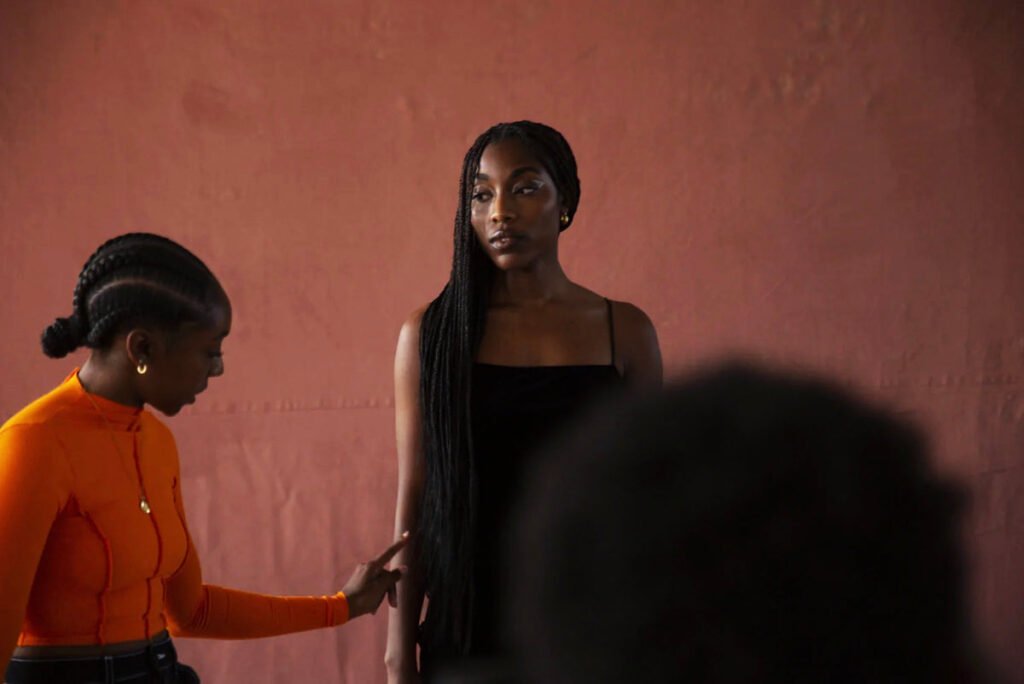
Rebundle launched officially in early 2021 and quickly sold out of its initial inventory, proving that demand for sustainable, scalp friendly hair is real. But Rebundle’s story is more than a niche success, it points to where the beauty industry is headed. Today’s consumers want products that align with their environmental values.
Increasingly, beauty products are evaluated not only by appearance but by their impact on our bodies. Scalp irritation, allergic reactions, and exposure to endocrine disrupting chemicals have become real concerns, and Rebundle’s plant based alternative offers a solution.
Through her work, Ciara is also changing the narrative of what it means to be a founder in beauty. She isn’t a chemist or a traditional beauty executive. She’s a cultural strategist and entrepreneur who saw a gap, listened to her community, and built something new. And she centers Black women not only as consumers but as stakeholders in the beauty industry’s future.
For many customers, Rebundle is about feeling seen, valued, and prioritized. It’s about the possibility that everyday products, even something as familiar as braiding hair, can evolve to be healthier for the women who frequently use and are directly affected by them.
